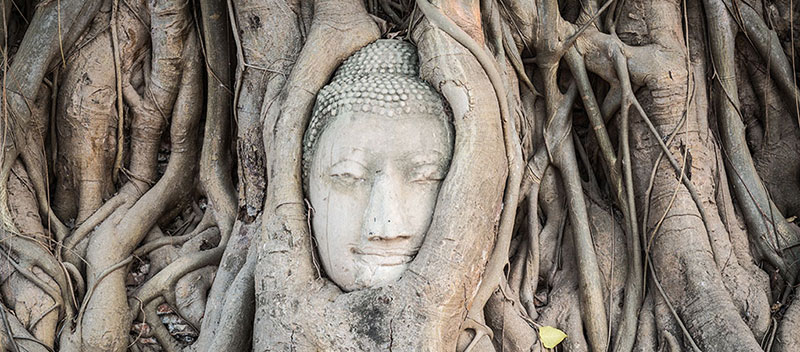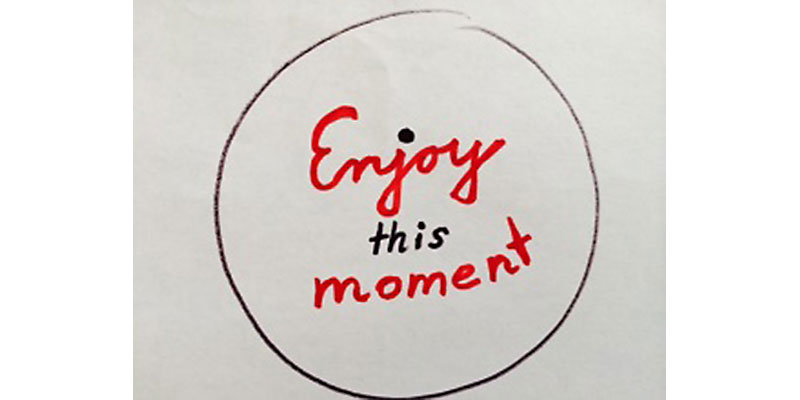by Andrea Polard | Jul 20, 2020 | HAPPINESS & MINDFULNESS, MISCELLANEOUS
Why loving a pet is good for your health and happiness.
Originally posted in Psychology Today
While precise health benefits of having pets are still being researched1, there is no question that millions of us take great pleasure in cohabitating with them. There is so much to love! Therapy dogs are taken for comfort to clinics; horses are ridden for sensitivity training; cats—when in the mood—are cuddled with; birds are taught words and crazy dance moves. We’ve seen it all. (more…)
by Andrea Polard | Apr 26, 2017 | HAPPINESS & MINDFULNESS
1. Everyone wants happiness in our lives. The more the merrier they say. How does happiness play a big part of our life?
I am glad you ask. Most people think of happiness as “feeling great” and that’s indeed an experience of which we can never get enough. Happiness is much more to me. It’s my answer to all of life’s questions, miracles, and conundrums. Life goes up and down, and I want to be present with everything it brings. (more…)
by Andrea Polard | Feb 1, 2017 | HAPPINESS & MINDFULNESS
Could there be anything more close to the Zen way as John Steinbeck’s transcended preacher in The Grapes of Wrath?
“I went into the wilderness like Him [Jesus], without no campin’ stuff.” The fallen, former preacher looked at the stars and looked at the sun rising. Just as Buddha did when he sat under the Bodhi tree at the night of his enlightenment. He just stared. The former preacher wasn’t sure what he was doing, watching, staring, being alert. Suddenly, he felt one with the hill that he was watching, no sense of separation from anything anymore. He felt one, and the union felt holy. (more…)
by Andrea Polard | Dec 29, 2014 | HAPPINESS & MINDFULNESS
When you overthink what is good, the good goes away.
Originally posted in Psychology Today
Everybody wants to be happy, but countless studies1 show: Avoiding unhappiness is more important to us than finding happiness. The moment we consider something to be emotionally risky—from small change to big love—we tend to turn away from it. People like me, who wish to spread happiness, regret this tendency, because it is often unnecessary and irrational. Researchers such as Timothy D. Wilson and Daniel T. Gilbert call this tendency the impact bias, which causes us to underestimate our inner strength to cope with our feelings in case of disaster. (more…)



